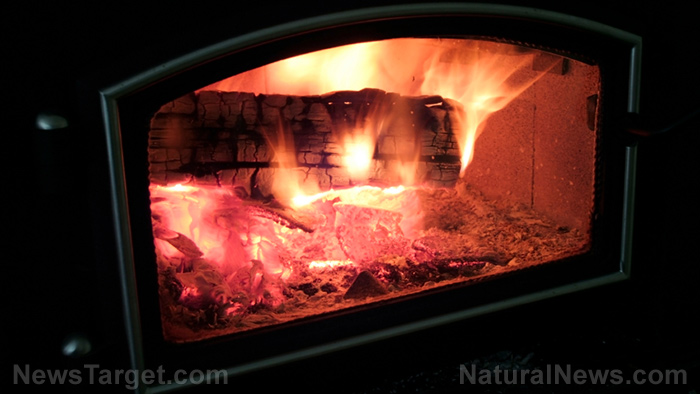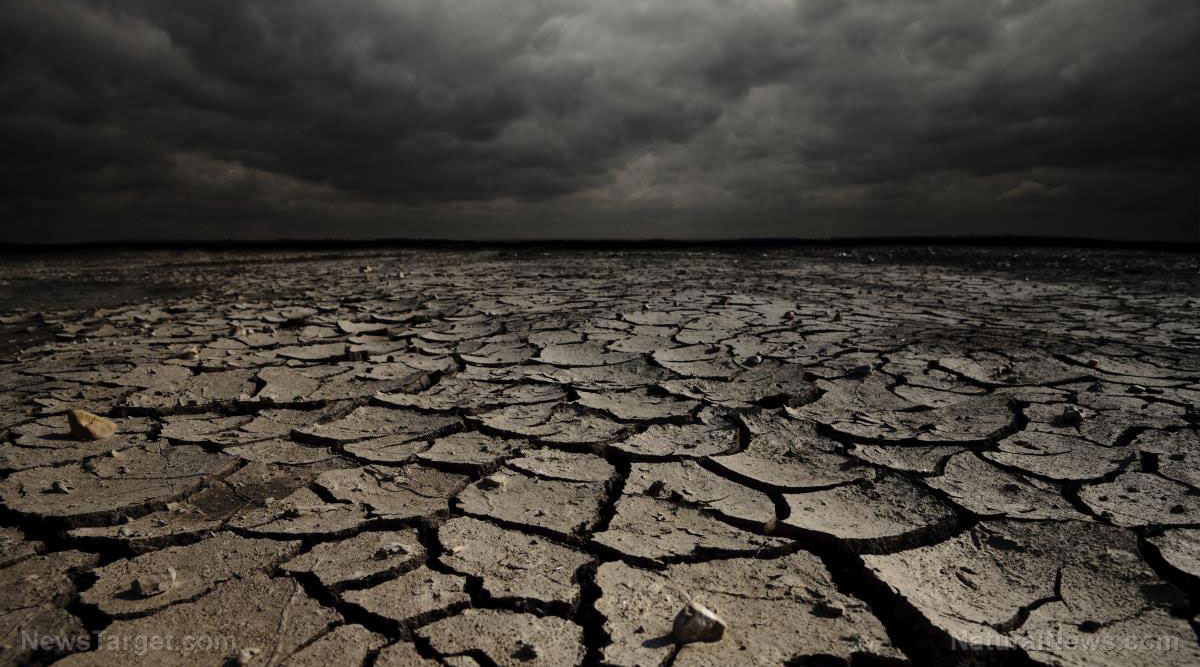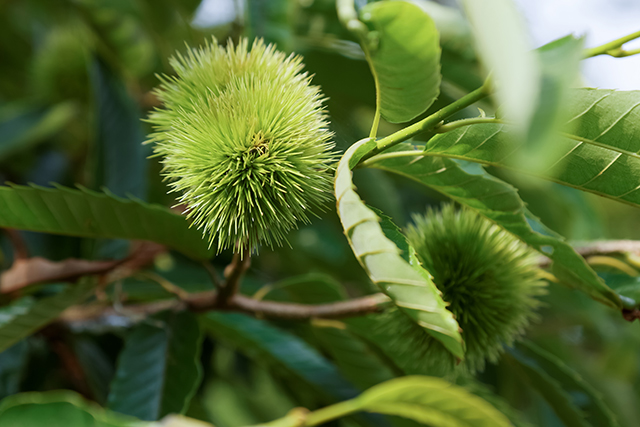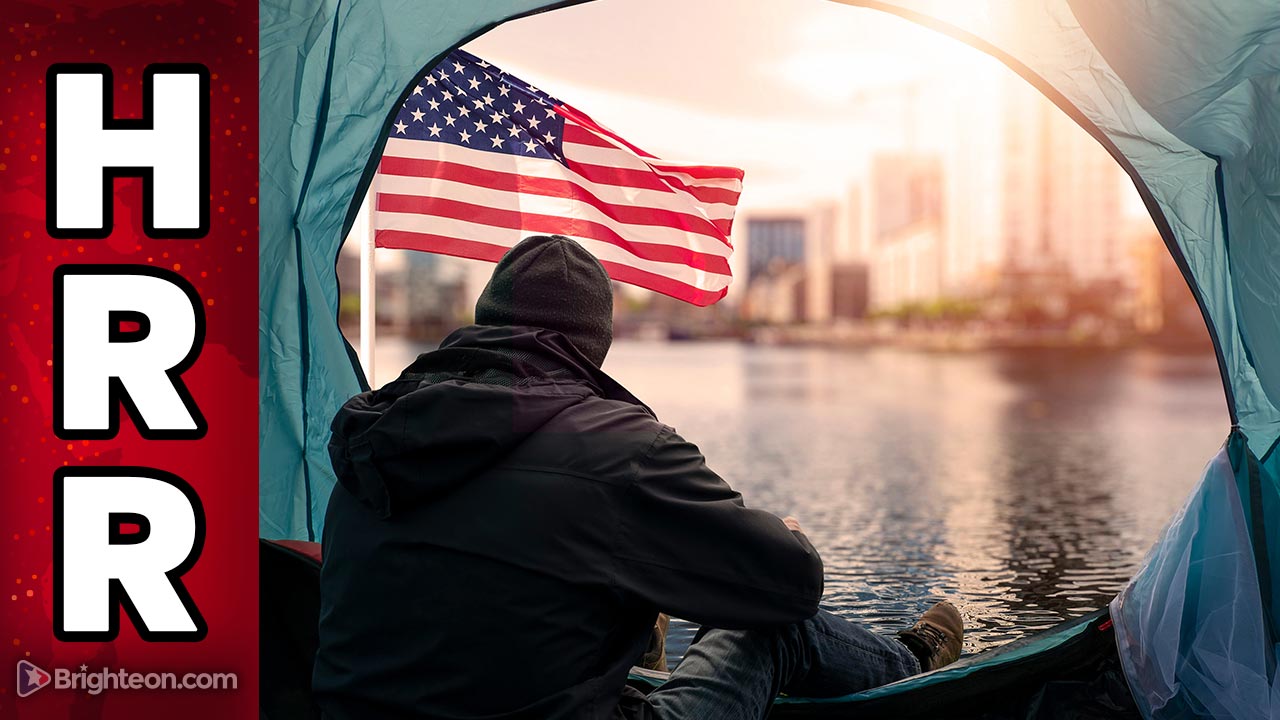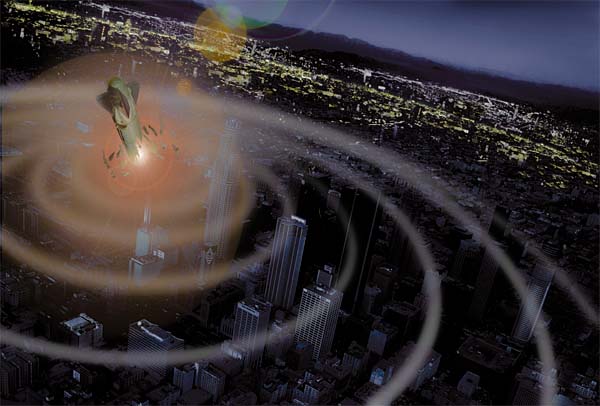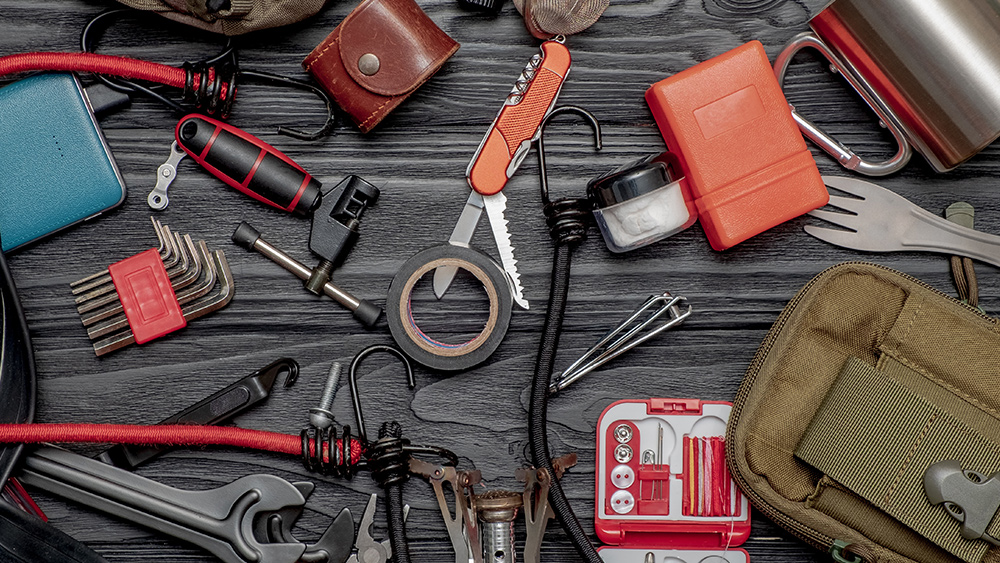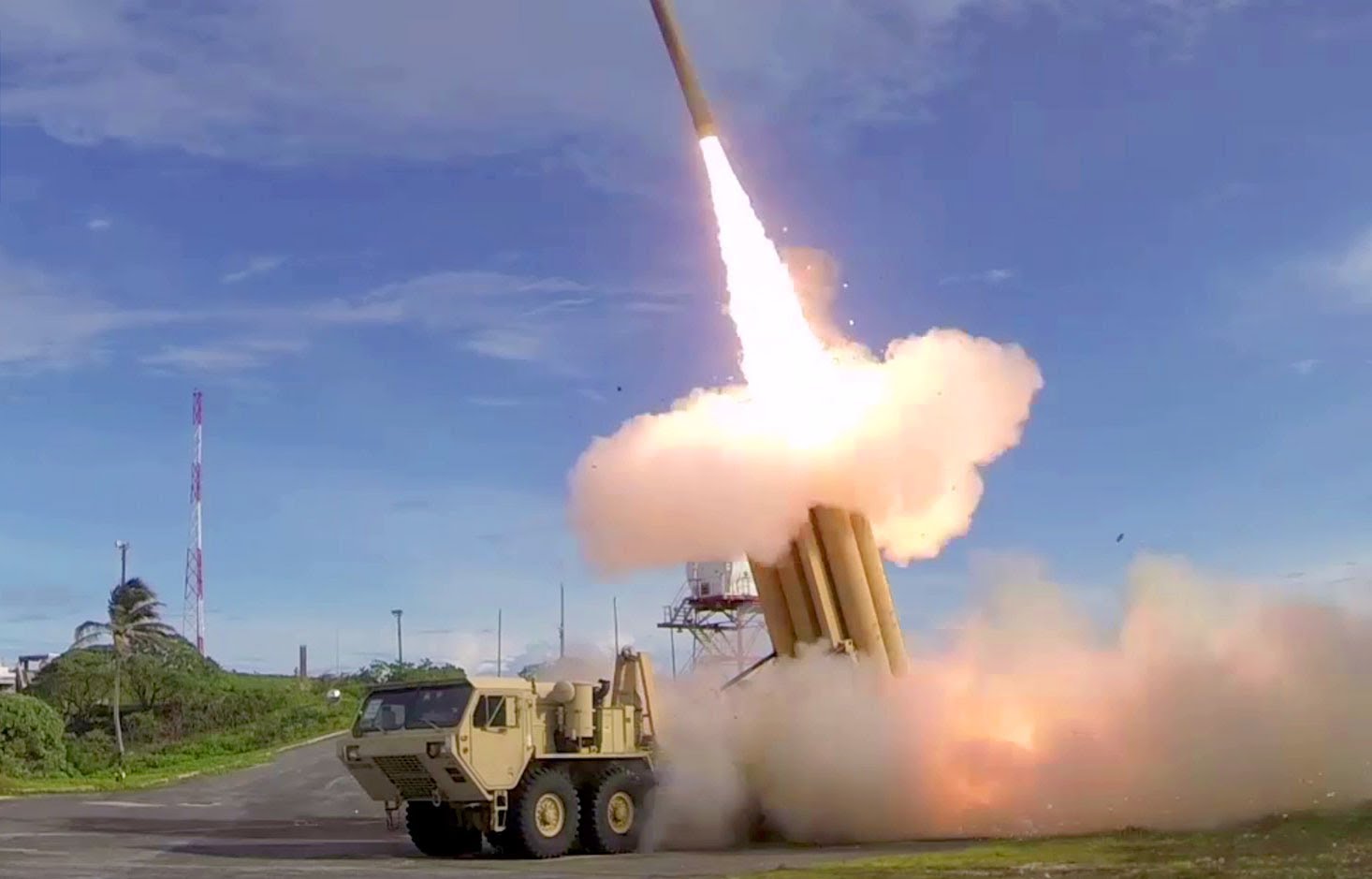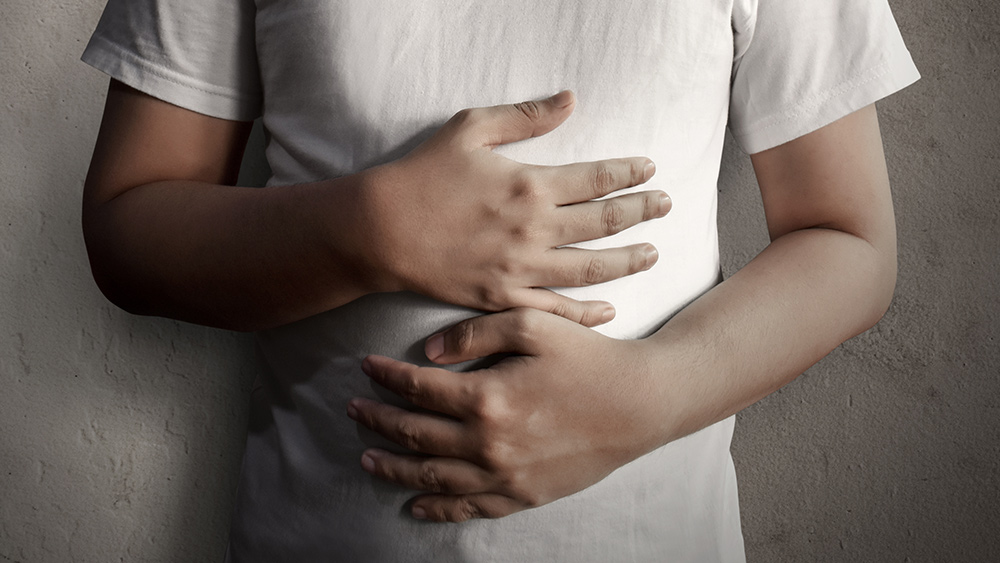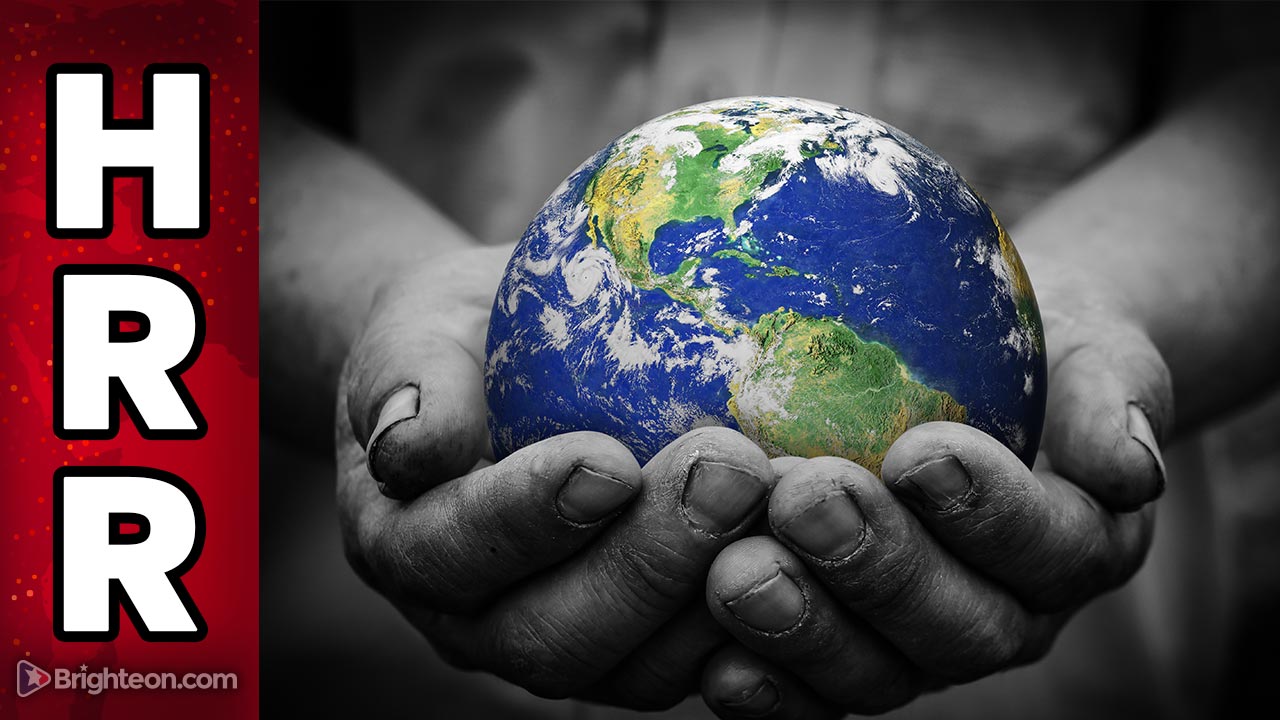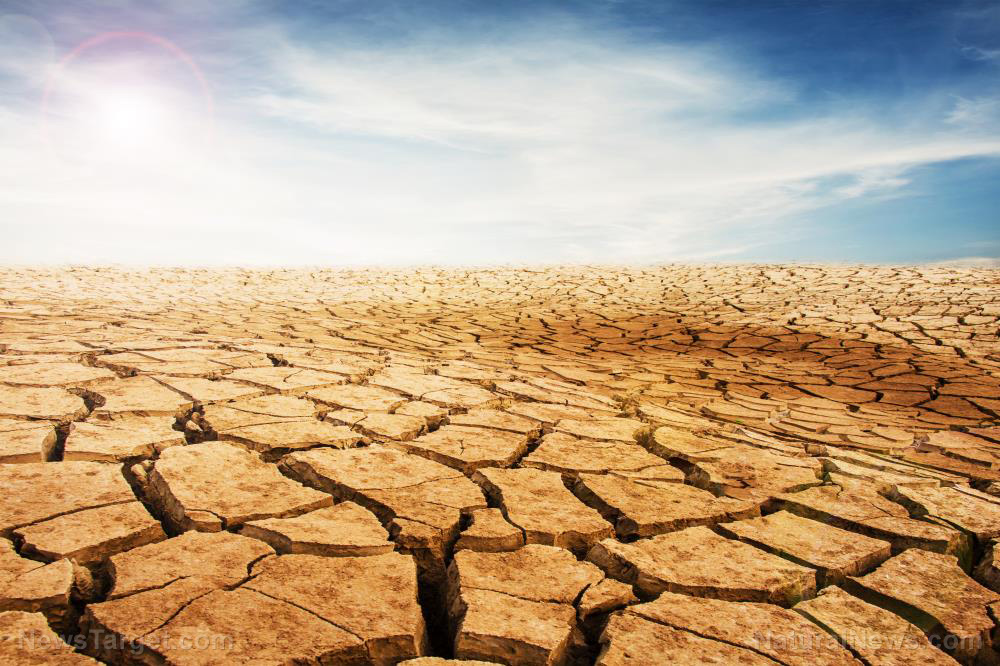A survival guide for non-preppers: Stockpile must-haves and 10 kinds of people you need in your group when SHTF
11/27/2020 / By Virgilio Marin

Prepping has a lot of lessons that every non-prepper will find useful when SHTF. You learn to endure the elements, forage for food, overcome snipers and escape detection. There are several prepping practices important for survival, and it can be daunting having to learning all of them at once.
For beginners and non-preppers, it’s good to start with the basics: What to stockpile and who to include in your survival group. (h/t to ModernSurvivalOnline.com)
Stockpile must-haves
Be sure to stockpile the following items:
- Food supplies – You’ll need enough food supplies for as long as the disaster lasts. Each member of your survival group should also be accounted for in your food stockpile.
- Outerwear – Clothes appropriate to the season give you protection from the elements. Stockpile both summer and winter wear to stay protected all year round.
- Footwear – Survival entails moving around a lot of time. Sturdy footwear will be essential to your mobility especially when you’re escaping from a threat. Store several pairs of heavy-duty boots and shoes
- Personal hygiene items – Hygiene is a must even when “S” has already hit the fan. Poor hygiene can spread disease, and illness is not something you want after a disaster. When shopping for your hygiene stockpile, buy a little extra to share with the members of your prepping tribe.
- Cleaning supplies – Keeping your place clean forms an essential component of an emergency plan. It prevents the spread of disease and helps establish a sense of orderliness.
- First-aid supplies – Injuries are rampant during a disaster and first responders won’t be around when SHTF. Stock up on first-aid supplies like dressings and rubbing alcohol.
- Living quarters – Bedrooms are not exactly items you can stockpile, but these are still survival must-haves. If you’re running a huge survival group, you’ll need a bigger space to house all of your people.
You don’t need to stockpile all of these items at once, especially if you lack money to spare. Even though you have limited means, it’s still possible to prep on a budget. (Related: Prepping 101: Three important lessons for beginners.)
10 kinds of people to include in your survival group
These people can boost your chances of survival:
- Healthcare professionals – Medical prepping can be tricky and often requires the skills of professionals.
- Firefighters – These people are trained to deal with life-and-death situations.
- Law enforcement officers – These people are excellent marksmen and are adept at making a decision in a split-second.
- Military members – People who served the country know how to use an extensive range of weapons and have good knowledge of tactical planning.
- Hunters – Hunters bring food to the table and skilled in butchering animals and navigating the woods.
- Trappers – These people can boost your group’s food supply and prevent dangerous creatures from getting into your property.
- Gunsmiths or reloaders – Gun specialists will keep your firearms in good condition and ensure you don’t run out of ammo.
- Mechanics – These metal workers are useful for equipment repairs and will be indispensable when you need to barter.
- Carpenters or engineers – It’s good to have someone who knows how to build structures and make use of untapped or crowded space.
- Gardeners – An expert gardener can teach you the ins and outs of growing your own food and boost your food stockpile.
These people will add value to your emergency plans and teach you how to be a better prepper. Add them to your group but exercise caution, as not all people have good intentions. Form a survival group in advance and perform a background check.
Sources include:
Submit a correction >>
Tagged Under:
disaster, food supply, non-preppers, preparedness, prepper, prepping, SHTF, stockpile must-haves, stockpiling, survival, survival group, survival guide, survival stockpile
This article may contain statements that reflect the opinion of the author
Get independent news alerts on natural cures, food lab tests, cannabis medicine, science, robotics, drones, privacy and more from NewsTarget.com
Get independent news alerts on natural cures, food lab tests, cannabis medicine, science, robotics, drones, privacy and more from NewsTarget.com
RECENT NEWS & ARTICLES
SHTF.News is a fact-based public education website published by SHTF News Features, LLC.
All content copyright © 2018 by SHTF News Features, LLC.
Contact Us with Tips or Corrections
All trademarks, registered trademarks and servicemarks mentioned on this site are the property of their respective owners.



